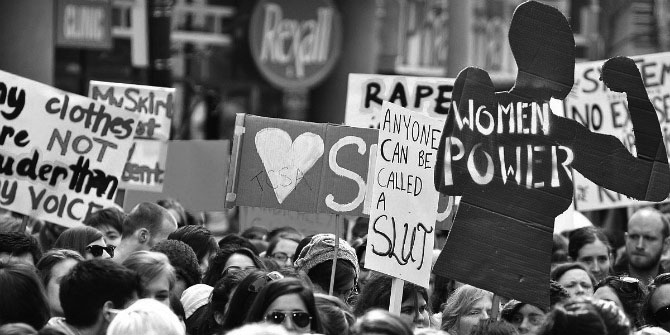
By Madeleine Orona Burgos
After spending only three months in jail, Brock Turner was released early from prison Sept. 2. Turner was found guilty of rape March 30 and while prosecutors argued that he receive six years in prison, the presiding Judge Aaron Persky sentenced him to only six months. The judge stated that such a punishment would have left a “severe impact” on Turner, and used his clean criminal record to state that he would not be a danger to others — even though he had already caused physical harm to another person. Turner’s father even wrote a letter that stated “20 minutes of action” should not ruin his son’s life. However, 20 minutes did more than just that. 20 minutes stole a sense of security away from another human being. 20 minutes made themselves look small, allowing a judge to play down an act of violence. 20 minutes contributed further to rape culture in America and around the globe.
Turner’s sentence creates a horrifically low standard for legal action against sexual violence. It also forces us to address this issue in society as a whole. Prejudices like sex-shaming, sexism, and racism cloud our vision. Rape myths like, “she was asking for it” or “men love sex, they can’t be raped” that create dangerous behavior if left unaddressed. The usual response for people who have not gone through this is, “don’t make yourself a target.” But the scariest part of sexual violence is that there is no algorithm with which a predator picks a victim. There are no set guidelines that can truly preserve anyone’s safety entirely — unless we all start to fight back.
“Fighting back” is not necessarily a call for violence, but it is all action which encompasses measures against sexual violence. Protests are often the most recognizable way to bring light to the subject as well as show society that all people not stand for pervasive sexual violence. In the wake of the Brock Turner case, his entire neighborhood stood on their lawns in protest of his release. One protester said, “We’re not going to live some happy, pleasant life. We’re never going to let him forget what he did.” While the words may sound cruel, it is a far cry from the verbal assaults many victims will face. While a rapist may hear it was not their fault, all a victim will hear is that it is theirs. It was their clothes, their behavior, their makeup, their sole presence in a certain place.
But it isn’t. Rape is a rapist’s fault, not a victim’s. A person makes a conscious choice to harm another person, even when there is more education than ever on how to respect a person’s boundaries. It is not hard to understand when “no” means “no” and “yes” means “yes.” What is hard is constantly living in fear. What is hard is feeling powerless. What is hard is not being able to trust another person. What is hard is changing society for the better, but with work it can be done.
Subscribe to the Mossy Log Newsletter
Stay up to date with the goings-on at Lewis & Clark! Get the top stories or your favorite section delivered to your inbox whenever we release a new issue.

Leave a Reply